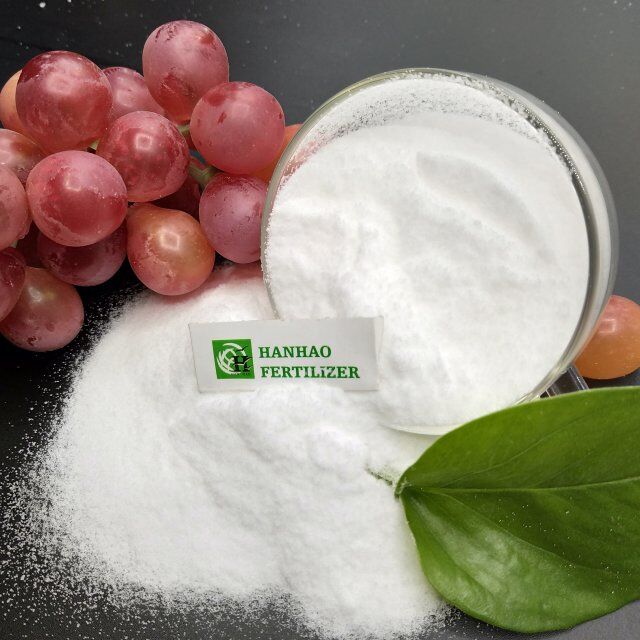
Ara . 04, 2024 13:22 Back to list
Plant-Based Manufacturer of Organic Nitrogen Fertilizers for Sustainable Agriculture Solutions
The Rise of Organic Nitrogen Fertilizer A Plant-Based Solution for Sustainable Agriculture
As global agricultural practices evolve, farmers and manufacturers are increasingly turning to sustainable solutions to meet the growing demand for food while minimizing environmental impact. One such solution is organic nitrogen fertilizer derived from plant-based sources. This innovation is driving a new wave in fertilizer manufacturing, presenting numerous benefits for soil health, crop productivity, and ecological balance.
Understanding Organic Nitrogen Fertilizers
Organic nitrogen fertilizers are derived from natural plant materials rather than synthetic chemicals. They are processed from various organic sources, including legumes, green manure, animal waste, and compost. The primary component, nitrogen, is essential for plant growth, forming a critical part of amino acids, proteins, and chlorophyll. The organic form of nitrogen is more beneficial for soil health as it enhances microbial activity, improves soil structure, and promotes nutrient availability.
The Environmental Benefits
The shift towards organic nitrogen fertilizers aligns with the broader goal of sustainable agriculture. Unlike conventional fertilizers, which can lead to soil degradation and water pollution through runoff, organic options provide a more balanced approach. They release nutrients slowly into the soil, reducing the risk of leaching and ensuring a steady supply of nitrogen to plants. This slow-release mechanism not only enhances nutrient uptake but also supports the soil ecosystem, fostering a rich habitat for beneficial organisms.
Using organic nitrogen fertilizers also contributes to the reduction of greenhouse gas emissions. The production of synthetic fertilizers is energy-intensive and often involves processes that emit carbon dioxide and other greenhouse gases. In contrast, organic fertilizers are typically produced using sustainable methods that have a lower carbon footprint. Moreover, by promoting healthier soils, organic practices can increase carbon sequestration, helping mitigate climate change.
Improving Soil Health and Crop Yield
The application of organic nitrogen fertilizers benefits soil health in several ways. They enhance microbial populations and increase biodiversity within the soil. Healthy soil microbiomes are crucial for decomposing organic matter, cycling nutrients, and promoting plant health. By fostering a dynamic relationship between plants and soil microorganisms, organic fertilizers create a more sustainable agricultural ecosystem.
organic nitrogen fertilizer plant based manufacturer

Additionally, studies have shown that crops grown with organic nitrogen fertilizers often yield higher quality produce. The presence of organic matter in the soil improves water retention, reduces erosion, and enhances nutrient-holding capacity. As a result, crops are more resilient to droughts and other environmental stresses, which is increasingly important in today's changing climate.
The Role of Manufacturers
Manufacturers specializing in plant-based organic nitrogen fertilizers play a vital role in this sustainable transition. They are pushing the boundaries of innovation by developing new formulations that maximize nutrient availability and efficacy. This involves using advanced processing techniques that ensure the fertilizers are not only effective but also environmentally friendly.
In recent years, we have also seen the emergence of precision agriculture, which allows farmers to apply fertilizers more efficiently based on specific crop needs. This approach minimizes waste and maximizes the benefits of organic nitrogen fertilizers. Manufacturers are collaborating with technology providers to develop solutions that utilize data analytics and remote sensing to deliver targeted applications.
Challenges and Future Prospects
Despite their numerous advantages, the adoption of organic nitrogen fertilizers faces challenges. These include the need for increased awareness among farmers about the benefits, potential nutrient supply limitations during peak growing seasons, and the initial cost of organic fertilizers compared to conventional options. Educational programs and government incentives can play a crucial role in overcoming these barriers.
Looking to the future, the demand for organic nitrogen fertilizers is expected to grow as consumers increasingly favor sustainable agricultural practices. As research continues to expand on the benefits of organic farming, manufacturers will refine production methods and create innovative products that meet the needs of modern agriculture.
In summary, organic nitrogen fertilizers represent a significant step forward in sustainable farming. By harnessing the power of plant-based materials, we can enhance soil health, improve crop yields, and contribute to a healthier planet. The collaboration between manufacturers, farmers, and researchers is key to harnessing this potential and ensuring a sustainable food future for generations to come.
-
10-10-10 Organic Fertilizer - Balanced NPK Formula
NewsAug.02,2025
-
Premium Organic Manure Compost for Eco Gardens
NewsAug.01,2025
-
Organic 10-10-10 Fertilizer | Balanced Plant Nutrients
NewsJul.31,2025
-
Premium Amino Acid Fertilizer | Rapid Plant Growth Booster
NewsJul.31,2025
-
10 10 10 Fertilizer Organic—Balanced NPK for All Plants
NewsJul.30,2025
-
Premium 10 10 10 Fertilizer Organic for Balanced Plant Growth
NewsJul.29,2025
